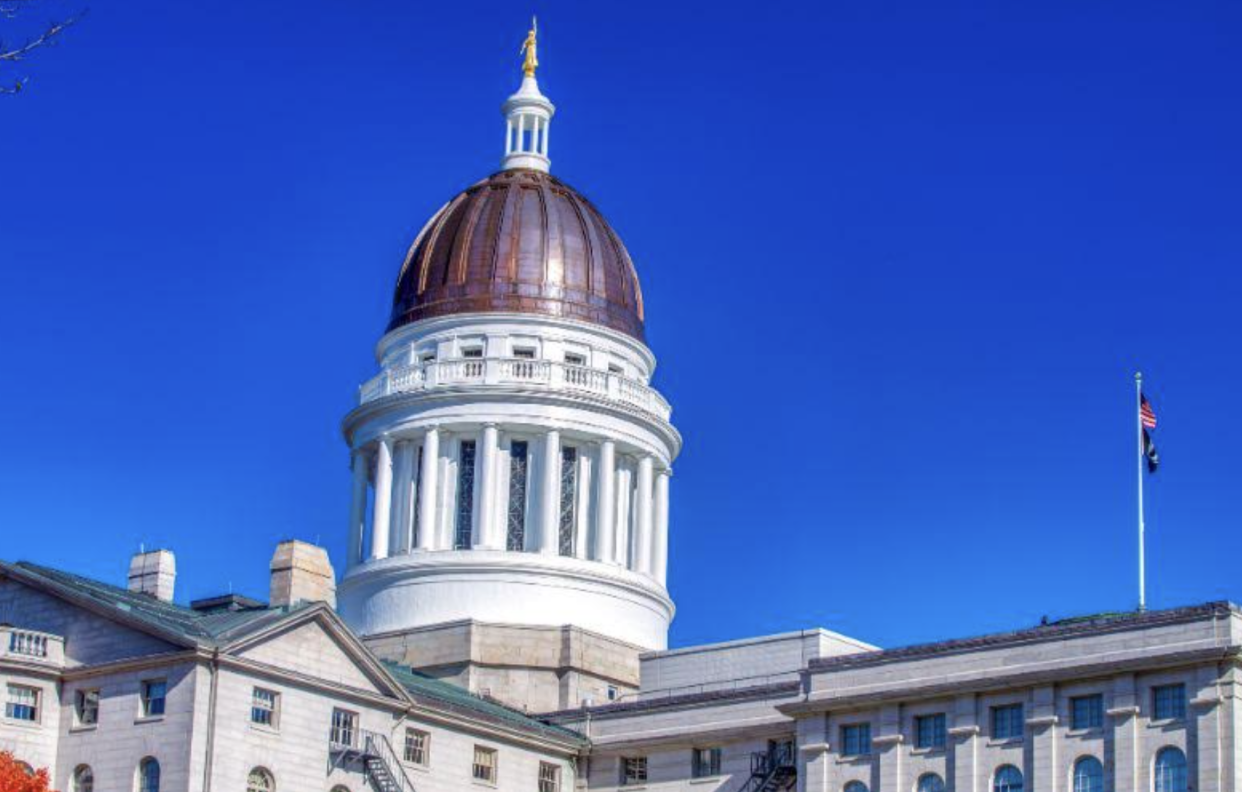It is time to heal old wounds’ | Sovereignty is Once Again on the Table for Maine’s Tribes

The Maine legislature is once again considering a bill that would restore the sovereignty of Maine’s Indigenous tribes.
House Speaker Rachel Talbot Ross (D-Portland) introduced bill L.D. 2007 on Monday to the state’s Judiciary Committee. The 41-page bill proposes implementing recommendations from a 2020 task force report that called for updating the Maine Indian Claims Settlement Act of 1980.
“(This bill) covers many issues and represents a significant change from current law,” House Speaker Rachel Talbot Ross, D-Portland, told the Judiciary Committee during a public hearing on her bill. “Given this, I do not expect all its provisions to be enacted into law during this short session. However … I believe it is important to present a bill that sets forth all the remaining issues that need to be addressed, even if we only address a couple of issues each session.”
The bill is the third tribal sovereignty to be introduced in the Maine legislature in recent years. In 2023, Governor Janet Mills vetoed a bill that would have extended federal benefits to Maine tribes. In 2022, a tribal sovereignty bill died on the appropriations table.
The Maine Indian Claims Settlement Act of 1980 limits tribal authority and excludes Maine tribes from new federal laws unless specifically directed by Congress. The state’s tribes— known collectively as the Wabanaki Nation— are currently excluded from more than 150 federal Indian Laws.
A 2022 study on the economic implications of limited tribal sovereignty in Maine, conducted by a team of researchers from the Harvard Kennedy School, concluded the Maine Indian Claims Settlement Act has severely hampered economic development for the Wabanaki Nations and the surrounding non-tribal rural areas. According to the study, since 1989, per capita income among Maine tribes has grown just 9 percent, far behind the 61 percent per capita growth among the rest of Indian Country.
Restoring Wabanaki sovereignty has wide support across the state.
The proposed bill has drawn more than 600 pieces of written testimony, the vast majority in support.
Jerry Reid, Chief Legal Council for Mills, submitted written testimony opposing the bill, citing that as written, it would “lead to serious confusion and conflict.”
Penobscot Nation Tribal Ambassador and Wabanaki Alliance board President Maulian Bryant was among those who submitted written testimony to the judiciary committee in support of the bill.
“It is time to heal old wounds and lift up some of the most marginalized and oppressed people in Maine, but also some of the strongest and spirited,” Bryant wrote. “We have come back to this table in good faith and because of the findings of the bipartisan, bicameral Task Force, which studied and came to the conclusion that the best thing for all of Maine’s people is to modernize these old archaic settlement acts.”
About the Author: "Elyse Wild is senior editor for Native News Online and Tribal Business News. "
Contact: ewild@indiancountrymedia.com

